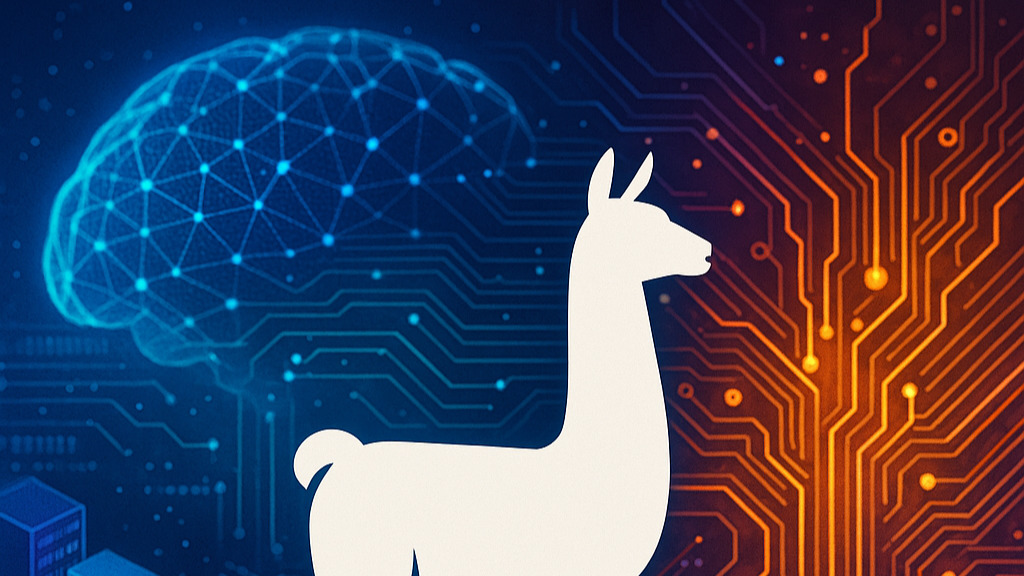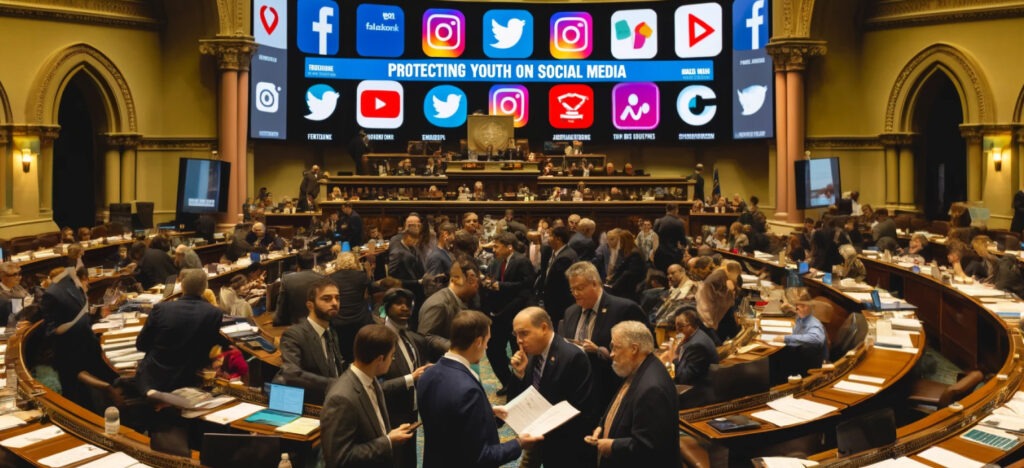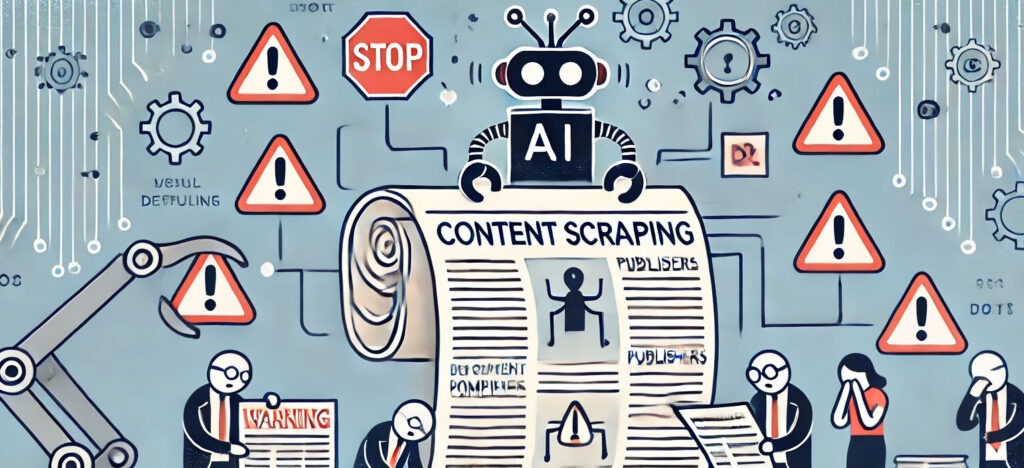Meta launches Movie Gen: AI that challenges Hollywood and reinvents the future of content creation

Meta has announced its latest breakthrough in artificial intelligence with the Movie Gen model, designed to generate realistic video and audio clips in response to user prompts.
Movie Gen is capable of generating videos of up to 16 seconds and audio clips of up to 45 seconds, which positions it as a powerful tool for both the creation of new content and the editing of existing videos. This model represents a significant opportunity in sectors such as entertainment and digital content creation, which depend on technological innovation to remain competitive.
With this technology, Meta promises to compete with other leading generative media startups, such as OpenAI and ElevenLabs.
Meta has decided to work directly with the entertainment industry and content creators to evaluate specific use cases for Movie Gen, rather than launching it openly as it has done with other models.
This decision reflects a cautious strategy that is aware of the risks associated with generative AI, especially considering the potential for its misuse in the creation of deepfakes or in disinformation campaigns during elections, a growing concern in several countries. Despite this, collaboration between Meta and the audiovisual sector has the potential to transform the way content is produced, offering both large studios and independent creators the possibility of creating high quality audiovisual material in less time and with fewer resources.
This advance by Meta may have important implications for the Mexican market, particularly in the entertainment, advertising and audiovisual production sectors, which have shown a growing interest in artificial intelligence as an innovation tool.
The Movie Gen model can become a strength for Mexican companies looking to improve efficiency and creativity in their projects, allowing them to produce attractive content at lower cost and faster.
This technology also opens up new opportunities for Mexican creatives and production companies to access state-of-the-art tools that were previously only available to large international studios, boosting the growth of the domestic industry.
However, the implementation of this technology in Mexico also faces significant challenges. One of the weaknesses is the lack of adequate technological infrastructure and limited access to advanced artificial intelligence tools in certain regions of the country. In addition, there is growing concern about the misuse of AI to generate false or disinformative content that could affect both society and the market.
This scenario poses a threat to the Mexican industry, which could face problems related to piracy, improper exploitation of copyrights or negative impact on the public's trust in digitally generated media.
The growing demand for high quality audiovisual content, both domestically and internationally, could make Movie Gen a key tool for Mexican companies seeking to compete in global markets.
With the ability to create short videos and personalized background music, this technology could also appeal to brands and advertising agencies looking to optimize their digital marketing campaigns. Likewise, the possibility of using this AI for the creation of personalized content opens up a range of options for the fashion, gastronomy and tourism sectors, industries that have already begun to explore new ways of interacting with their audiences through immersive visual experiences.
The use of generative AI in Mexico also brings with it threats that could slow down its adoption. Among them is the lack of clear regulation regarding copyright protection and the use of protected works to train AI models, which could generate legal and ethical conflicts.
As in other markets, there is a concern that this technology will be used to create deepfakes or counterfeit content that could undermine trust in digital media and have repercussions in sectors such as politics and business. The Mexican industry must be attentive to these risks and seek a balance between innovation and social responsibility, ensuring that the implementation of tools such as Movie Gen does not negatively affect the content creation ecosystem.
Companies that succeed in taking advantage of this technology will have the opportunity to position themselves at the forefront of innovation, while those that fail to do so could find themselves lagging behind in an increasingly competitive market. However, it will be crucial to address the weaknesses and threats associated with this technology to ensure that its impact on the Mexican market is positive and lasting.
Collaboration: Editorial Auge.





